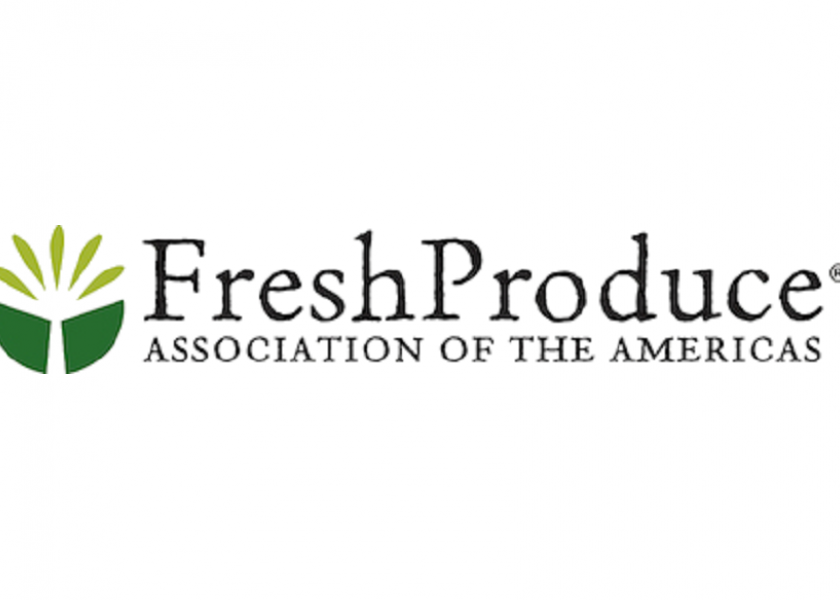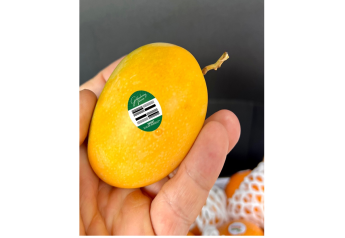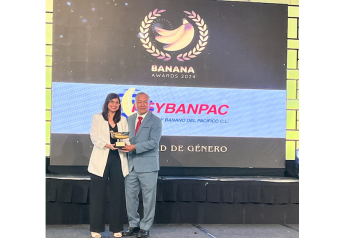Fresh Produce Association of the Americas plans for Spring Policy Summit

The 2023 Spring Policy Summit is next up for the Fresh Produce Association of the Americas.
The two-day event in Tubac, Ariz., is set for March 14-15 and will feature a meeting of the North American Produce Food Safety Working Group.
In the event agenda, topics of discussion include food safety cooperation and dialogue between the U.S. Food and Drug Administration and SENASICA in Mexico.
FPAA President Lance Jungmeyer said the event aims to bring food safety officials from the U.S., Canada and Mexico to discuss regulations and how the industry can meet those requirements.
In another Spring Policy Summit session, panelists will consider the state of the USMCA North American trade agreement and how food and agriculture agencies in the U.S. and Mexico are working together under the trade agreement that was revised in 2020.
The event will also review the economic impact of imported Mexican produce. For example, avocados contribute $11 billion in U.S. economic impact, according to Texas A&M, and imported Mexican tomatoes contribute about $5 billion to the U.S. economy, according to the University of Arizona.
Other Spring Policy Summit topics include:
- New technology for nonintrusive inspections of produce by the U.S. Customs and Border Protection.
- How can marketing orders change with the times? High-sugar varieties like Cotton Candy are much in demand but also may be subject to increased incidence of shatter, and Jungmeyer said marketing order regulations on shatter could be adjusted to better reflect modern reality.
Top of mind
FPAA members are concerned about increasing costs and narrowing margins for their products, Jungmeyer said.
Those issues are in the crosshairs as suppliers negotiate contacts with retailers, he said. While retailers want to increase unit sales and lower prices for consumers, suppliers need to cover their costs, Jungmeyer said.
Suppliers are trying to navigate COVID and inflation while costs of labor, packing and transportation have outpaced inflation, he said.
“I think the big challenge for the whole supply chain is communicating back and forth and figuring out how each side can reduce the margins in a way that makes it make sense,” he said.
In general, there may be some decreases in the amount of production and acreage serving the North American market, Jungmeyer said.
FPAA remains engaged in looking out for its members' access to markets in the U.S. That includes, Jungmeyer said, watching developments in Texas, such as last year’s 10-day border shutdown last March because of inspections ordered by Texas Gov. Greg Abbott.
“As an association, we are always watching out for the market access for our members and making sure that it's not stopped either by a state or a federal regulation,” Jungmeyer said.
The FPAA is also interested in the Office of the U.S. Trade Representative actions designed to make Southeast growers of seasonal crops more competitive.
The USTR said it October that it will establish a private-sector industry advisory panel to recommend measures to promote the competitiveness of producers of seasonal and perishable produce in the Southeastern U.S. USTR and USDA will work with the advisory panel and members of Congress to develop possible administrative actions and legislation, the USTR said then.
FPAA will be monitoring the work of that committee, and Jungmeyer said that the committee should include importers as well.
Many distributors of Mexican produce also market produce from the U.S. and Canada, he said. Those distributors want to support all growers who can provide produce with the right specifications.
“We need to produce from everywhere,” Jungmeyer said. If protectionism is used to block certain areas, the whole market suffers.
“I think it's clear the United States, Mexico, Canada, need each other when it comes to fresh produce,” he said.







